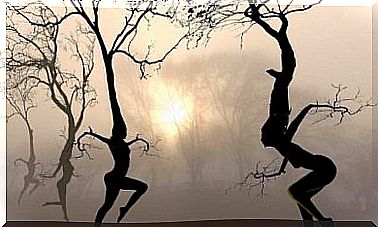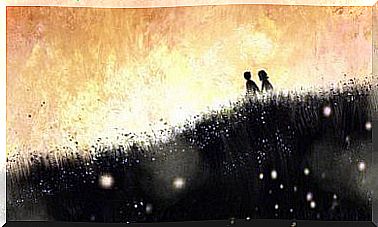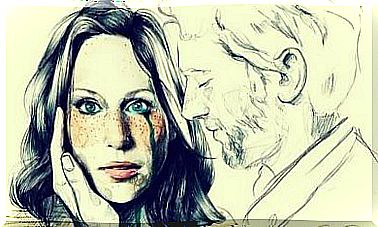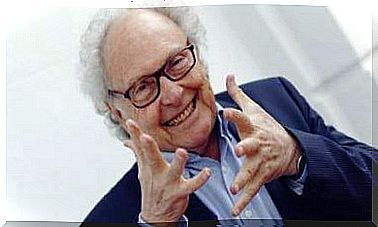Nietzsche Threw Himself Weeping Around The Neck Of A Horse
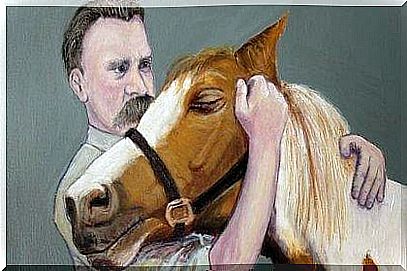
Friedrich Nietzsche was a German philosopher who was behind some of the most moving works ever created by Western thinkers. In 1889, the philosopher lived in a house on Via Carlo Alberto in Turin, Italy. It was morning and Nietzsche was on his way down to the city center when something happened that would change his life forever.
He witnessed a driver whipping his horse to make it move. The horse was totally exhausted. Still, the horse owner whipped the poor animal over and over again to make it move.
Nietzsche was appalled by what he witnessed and quickly approached the driver. After giving him a stretch , he threw himself weeping around the neck of the lying horse. According to witnesses, he mumbled some incomprehensible words in the horse’s ear. The philosopher’s mythical last words before he lost consciousness must have been: “Mother, I am a fool.” After that, he was totally changed as a person.
Since that day, Nietzsche’s mental breakdown has fascinated physicians and intellectuals around the world, and a number of speculations have been made on the subject. There are at least three different versions of what actually took place this fateful morning in Turin, Italy. One thing is certain, however: the philosopher was never more alike.
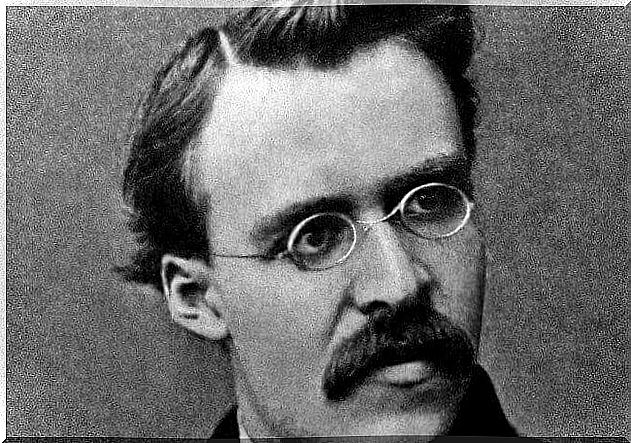
From that day until his death ten years later, Nietzsche uttered no more words. After this event, he would never return to his former self. The police were alerted and the philosopher was arrested for disturbing public order. Shortly afterwards, he was admitted as a mental patient to a sanatorium, where he wrote some strange letters to a couple of his friends.
An old acquaintance later took him to a sanatorium in Basel, Switzerland, where he stayed for several years. One of the most significant thinkers of the 19th century was now dependent on his mother and sister for almost everything. As far as we know, he never returned to reality.
Nietzsche’s mental confusion
It was later established that Nietzsche’s actions on the day he witnessed the beating of a horse were a sign that he was mentally ill. People who hung out with him, however, had for several years observed that he behaved strangely. The landlord had e.g. heard him speak aloud to himself, and he had been seen singing and dancing naked in his room.
He had long neglected his appearance and his personal hygiene. Those who knew him noticed how his proud demeanor had been replaced by a hurried gait. He was not as astute either, but jumped erratically from subject to subject.
During his stay in the sanatorium, Nietzsche’s cognitive and linguistic abilities deteriorated. He could also become physically aggressive. This just a few years after he produced several works that would make him one of history’s greatest philosophers!
Nietzsche’s tears
Most people saw the incident with the horse as an irrational act by a mentally disturbed person. For others, there was a deeper explanation. Milan Kundera returns to the scene in the film “The Unbearable Lightness of Being”.
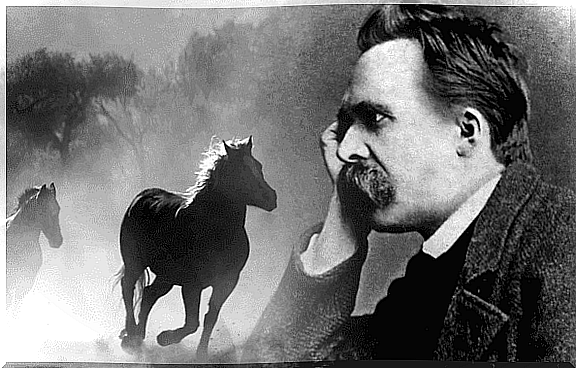
He interprets Nietzsche’s whispers in the horse’s ear as an appeal for forgiveness, a forgiveness on behalf of mankind for our cruel way of treating other living beings as enemies or servants.
Nietzsche was not known as an animal rights activist or for having any special connection to nature. But this experience of animal cruelty obviously made a deep impression on him. The horse was the last living creature with which he had real contact. Nietzsche was able to identify with the animal and, to an even greater extent, with the animal’s suffering.
At this time, Nietzsche was relatively unknown to the public, although he had previously been a well-respected professor. Unfortunately, his last years of life became quite miserable. His sister distorted several of his writings so that they would not conflict with German Nazism. Nietzsche could not do anything about it because he lived in a different reality until his death in 1900.


